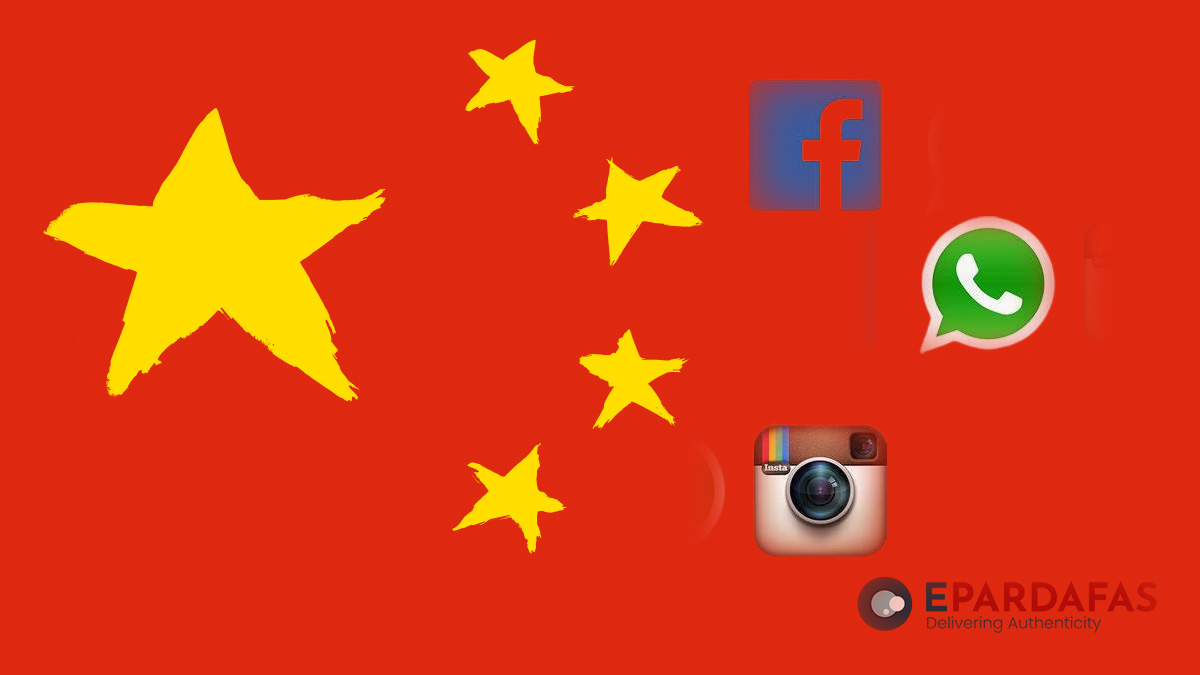
Meta Unveils Removal of China-Based Network Engaged in Spreading Misleading Content
In a recent move, Meta, the parent company of Facebook, Instagram, and WhatsApp, has revealed the dismantling of a network comprising thousands of fake accounts originating from China. The network, impersonating Americans, aimed to disseminate polarizing content related to US politics and US-China relations.
The quarterly threat report, released on Thursday, outlined the takedowns and underscored that China has become the third-largest geographical source of such networks, following Russia and Iran. While Meta did not directly link the removed profiles to Beijing officials, the surge in such networks based in China is noted in anticipation of the 2024 US elections.
The China-based network consisted of over 4,700 accounts employing profile pictures and names copied from individuals globally. The accounts engaged in mutual sharing and liking of posts, with some content appearing to be directly lifted from X, formerly Twitter.
Notably, these accounts exhibited no ideological consistency. Examples provided by Meta illustrated instances where accounts reposted content from both Democrat and Republican politicians, including Nancy Pelosi, Gretchen Whitmer, Ron DeSantis, Matt Gaetz, Jim Jordan, among others.
Meta’s report indicated that the network was halted before gaining traction among real users. The motive behind the approach of reposting authentic content remains unclear, whether to amplify partisan tensions, build audiences among politicians’ supporters, or enhance the authenticity of fake accounts sharing genuine content.
Ben Nimmo, leading investigations into inauthentic behavior on Meta’s platforms, highlighted the persistent challenge of such networks in building audiences but warned about foreign threat actors attempting to influence people online in the lead-up to the next year’s elections.
In addition to the China-based network, Meta uncovered two smaller networks—one based in China, focusing on India and Tibet, and another based in Russia. The latter primarily posted in English about the invasion of Ukraine and promoted Telegram channels.
The report also mentioned the cessation of information sharing by the US government with Meta in July, following a federal ruling linked to a legal case over the First Amendment, currently under consideration by the Supreme Court. This case is part of a broader debate regarding whether the US government collaborates with tech companies in potentially restricting the free speech of social media users.















Comments